Movies by Haruko Sugimura
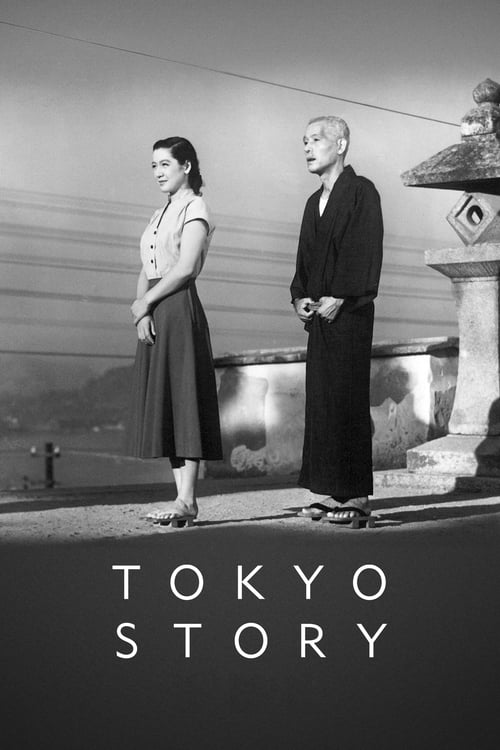
Tokyo Story
The elderly Shukishi and his wife, Tomi, take the long journey from their small seaside village to visit their adult children in Tokyo. Their elder son, Koichi, a doctor, and their daughter, Shige, a hairdresser, don't have much time to spend with their aged parents, and so it falls to Noriko, the widow of their younger son who was killed in the war, to keep her in-laws company.

Wedding Day
Twenty-year-old Yoshiko (Setsuko Hara) and her younger sister Asako (Yōko Yaguchi) struggle to accept changes in their home during the preparations of their widowed father's wedding to his chosen bride, Maki Tsuneko (Sadako Sawamura), who's anxious about her conduct as the bride.
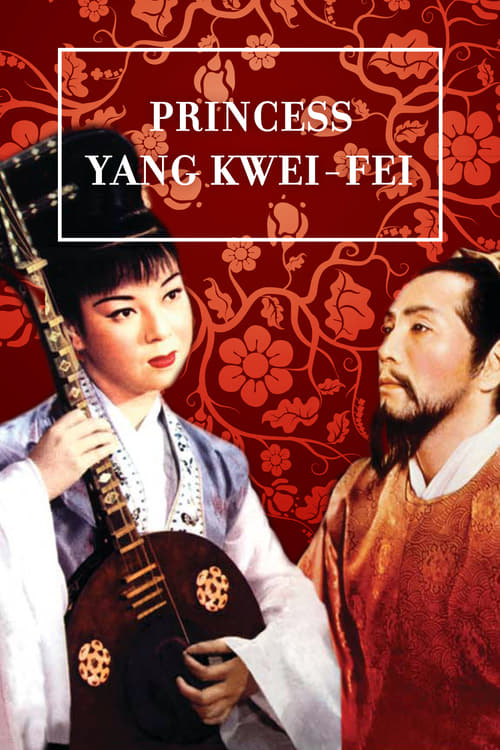
Princess Yang Kwei Fei
In eighth century China, the Emperor is grieving over the death of his wife. The Yang family wants to provide the Emperor with a consort so that they may consolidate their influence over the court. General An Lushan finds a distant relative working in their kitchen whom they groom to present to the Emperor. The Emperor falls in love with her and she becomes the Princess Yang Kwei-fei. The Yangs are then appointed important ministers, though An Lushan is not given the court position he covets. The ministers misuse their power so much that the...
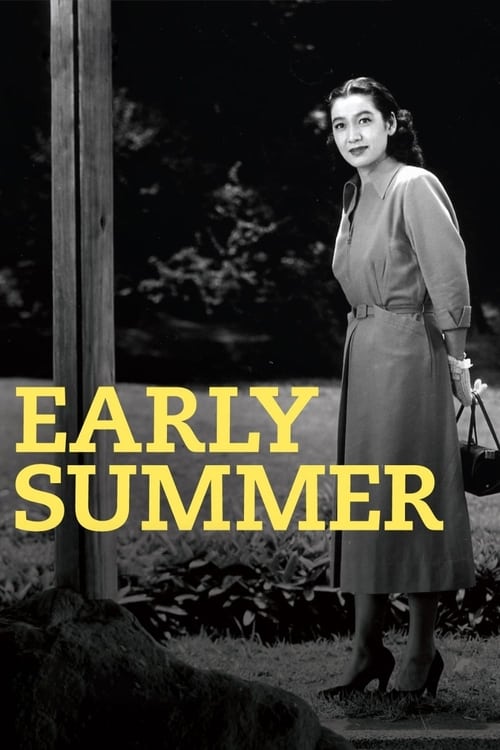
Early Summer
A 28-year-old single woman is pressured to marry.
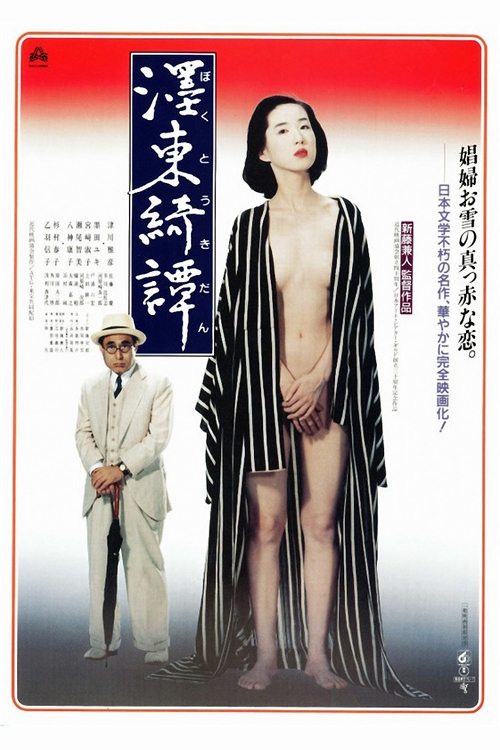
The Strange Tale of Oyuki
A story of Japanese writer Kafu Nagai (1879-1959), a man about sixty with a huge reputation of seducer who falls madly in love for a young geisha named Oyuki. Meticulous and smartly dressed, Nagai patiently wrote in his diary his thoughts during many years. A melancholy reflection on the passage of time and a brilliant interpretive exercise.
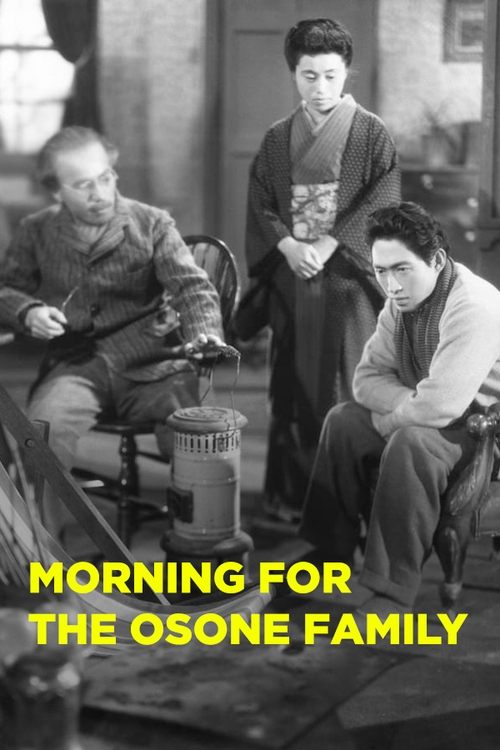
Morning for the Osone Family
A Japanese family weathers much hardship after their military uncle comes to live with them during WWII.

The Written Face
In Japanese theater, women's roles are traditionally played by men. The man playing the woman's role, the Onnagata, does not imitate the woman, as in the West, but tries to capture her significance. He need not stick close to his model, but draws far more from his own identity - a shift of value takes place, which is nonetheless not a step beyond. THE WRITTEN FACE is an attempt to offer an insight into the Japanese Kabuki star Tamasaburo Bando, one of the last defenders of this ancient and disappearing performing tradition.

The Wiser Age
Drama about the lives of the five daughters and daughter-in-law of a store owner.
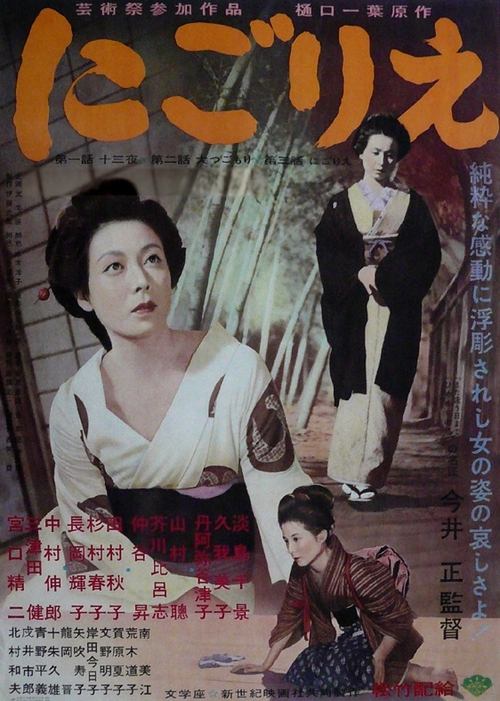
An Inlet of Muddy Water
A Japanese woman writes down three stories she has witnessed or heard of in her diary, each about the difficult situation a young woman finds herself in.
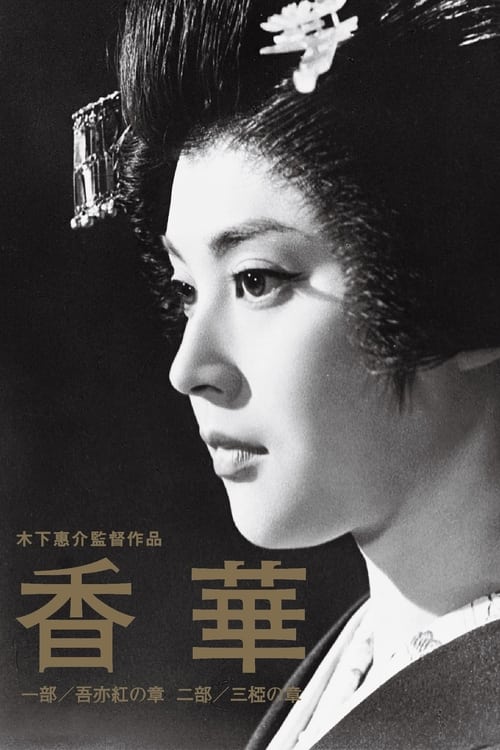
The Scent of Incense
After her mother runs away from home, Tomoko is raised to be a geisha. One day Tomoko meets her mother in a red-light district in Tokyo and her life deeply gets in trouble.
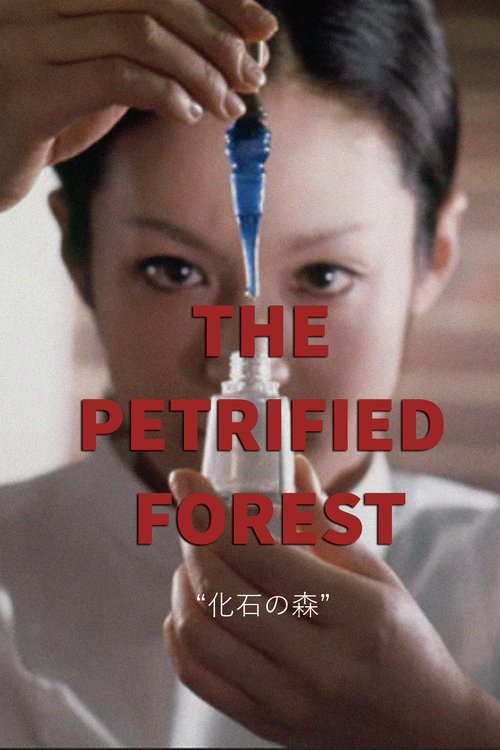
The Petrified Forest
Follows a young med student's relationships with two women: a dangerous affair with a childhood friend and his mother's struggle to rebuild their estranged relationship.

Runway to Hell
When Kaneko Ichinosuke aims to avenge his father who was wrongly accused of embezzlement, the samurai Kochiyama Soshun agrees to assist.
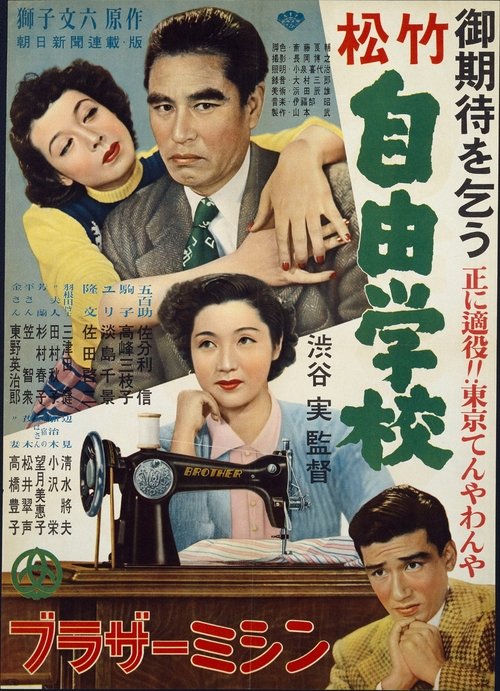
Freedom School
Minamimura, who had always wanted to be free, suddenly quits his job. His hardworking wife is surprised and angry, and throws him out of the house. Confused by his sudden freedom, Iosuke ends up living as a vagrant under a bridge. His wife, Komako, also finds herself freed and is unable to ignore her confusion.

Yotsuya Ghost Story Part 1
Iemon Tamiya is an impoverished masterless samurai who craves a better life, which he cannot have because of his marriage to Oiwa, who is completely devoted to her husband.

Listen to the Voices of the Sea
This film is strongly anti-war film. The film is based on the collection of writings by Japanese student soldiers who died during World War II. The film is located to Burma. It shows the everyday problems of soldiers in contrast of their ideas and the cynicism of their commanders. Soldiers are also victims of military bullying by their commanders.

Reminiscence
Kazuo Miyagawa’s prizewinning black-and-white cinematography draws out the moral shadings of Nobel laureate Yasunari Kawabata’s 1952 novel Thousand Cranes, a quietly devastating story of a young man, orphaned during the war, who stumbles into a passionate yet tragic relationship with his late father’s mistress and her daughter.

G-Men of Japan
The investigative unit of the Metropolitan Police Department organized a special investigative team to uncover a series of frequent gang robberies and car gangs... This is the first film in the Nippon G-Men series, of which four more films were later released.